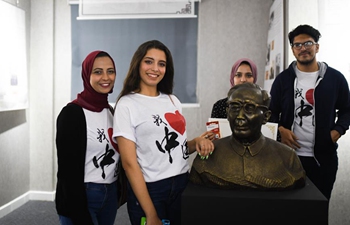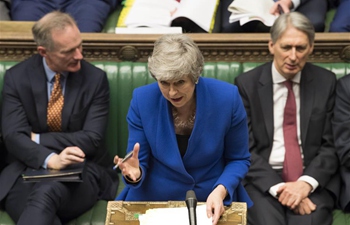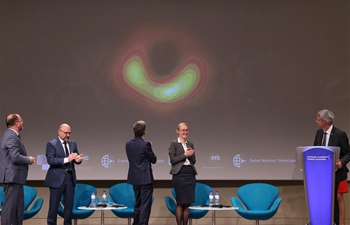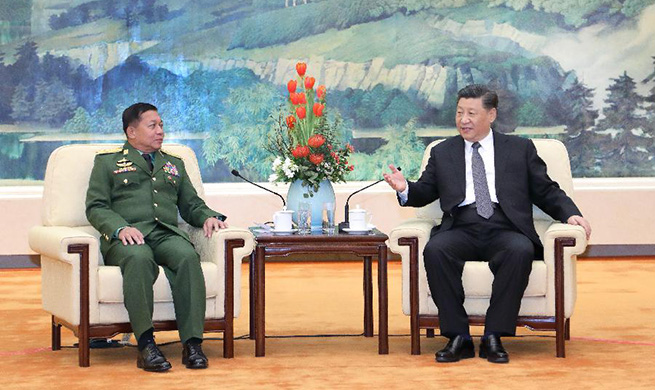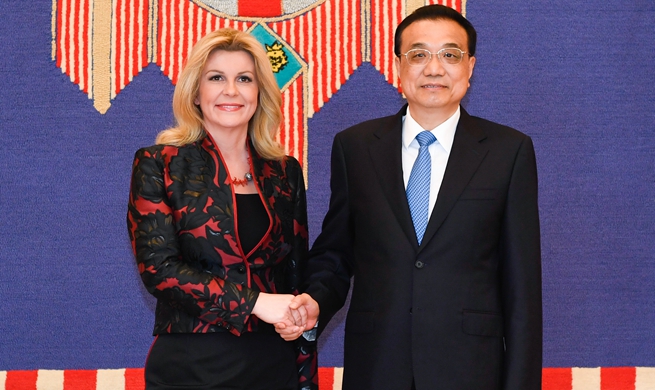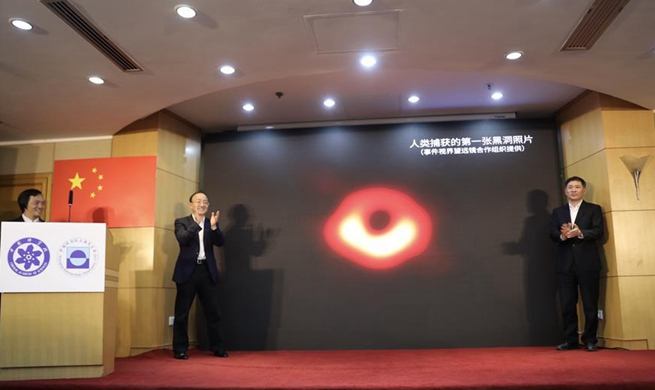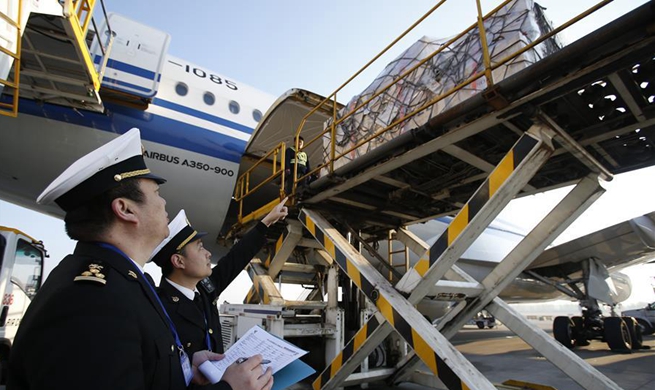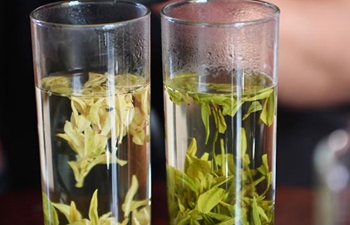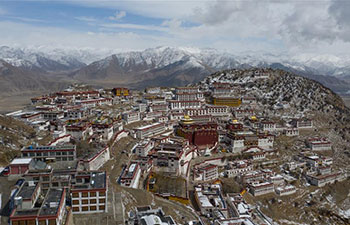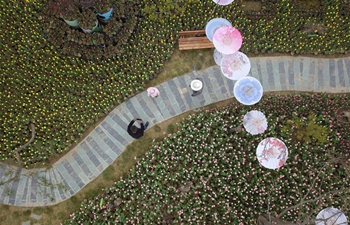LOS ANGELES, April 10 (Xinhua) -- The United States should look at China as an ally, not an enemy, a former U.S. Congressman said at Tuesday night's screening of the film "Better Angels" at the Korn Convocation Hall of the University of California, Los Angeles (UCLA).
"China is our ally, not our enemy. Our economies are massive and inextricably linked. It's not possible to hurt one without hurting the other," said former U.S. Congressman David Dreier, an early supporter of the film who served in the Congress for 30 years.
"We need to build the future together and this film is a step in the right direction," he said.
"Better Angels," a feature documentary written and directed by two-time Oscar-winner Malcolm Clarke, examines the idea that the world's two largest economies, the United States and China, can and must consciously choose to work together to create a safer and more prosperous world instead of descending into a mutually destructive spiral of rivalry, instability, and conflict.
The film posits that both countries must create a future where differences are respected rather than suspected, and where both sides focus on the issues that unite them rather than those that drive them apart.
The film was well-received by the audience. "I'm curious about China. I want to know more about them," said a digital media student at UCLA who identified himself as Marty.
In the film, many movers and shakers weighed in on the importance of mutually-beneficial China-U.S. relations, including three former U.S. Secretaries of State -- Henry Kissinger, James Baker and Madeleine Albright.
But the real heart of the documentary lies in the ordinary citizens, both Americans and Chinese -- factory-workers, engineers, entrepreneurs, filmmakers, and teachers, who have lived in or visited each other's countries.
These regular Joes inadvertently find themselves as the prime movers of the visionary future posited by the film.
"It's vitally important to have an informed citizenry of ordinary Americans and Chinese who can act as 'accidental diplomats,'" the film's producer William Mundell told the viewers after the screening.
It is up to ordinary citizens like those in the film to understand each other as people first and do their bit to personally keep the flame of harmony and friendship alive, Mundell said.
This applies particularly to the over 2 million Chinese immigrants to the United States and some 110,000 Americans living in China, as well as some 3 million Chinese tourists who visit U.S. shores and the more than 2 million Americans who wing their way to China each year, he said.
The citizens of both countries "are the true stakeholders in the most important bilateral relationship on the planet," he stressed.
"It's up to us all to bridge the divide between our countries before it's too late," he said.
California's Senate President pro Tempore Emeritus Kevin de Leon, who has also watched "Better Angels," concurred with the film's ideal.
"We will work shoulder-to-shoulder with people of every color, every creed, every religion and every nationality to keep our economy strong," de Leon said.
In California, "we are working together ... to build a stronger and more productive partnership with China," he said.
